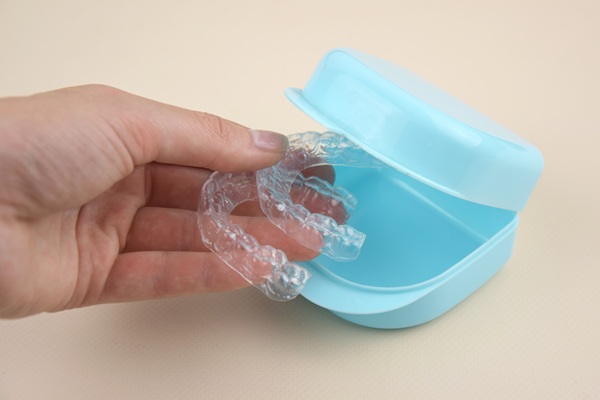 Dental check-ups are an important part of oral health care. In pediatric dentistry, children should have a check-up every six months to keep teeth and gums healthy. Dental check-ups help to detect and treat any issues with the teeth and gums as they arise and can help prevent further issues from occurring.
Dental check-ups are an important part of oral health care. In pediatric dentistry, children should have a check-up every six months to keep teeth and gums healthy. Dental check-ups help to detect and treat any issues with the teeth and gums as they arise and can help prevent further issues from occurring.
What to expect at a dental check-up
Dental check-ups should begin within six months of the first baby tooth emerging and by the time a child turns 1 year old. It is always a good idea for parents to help prepare their children for dental check-ups. Knowing what to expect at a pediatric dentistry appointment can help children feel more at ease about visiting the dentist and can also make future appointments easier for them.
Cleanings
Professional teeth cleanings are done during dental check-ups. These cleanings help to eliminate any plaque and tartar that have built up on the teeth. Biannual cleanings prevent any accumulation of plaque and tartar. If plaque is not removed, it hardens and turns into tartar. Tartar is unable to be removed at home and can cause serious dental issues such as gum disease if left untreated.
After plaque and tartar are removed, the teeth are thoroughly brushed and flossed. After the cleaning is complete, a fluoride treatment is usually applied to the teeth to help give them extra protection from cavities.
Examinations
In addition to a cleaning, an examination is also performed during a pediatric dentistry check-up. The dental exam involves a thorough inspection of the teeth, gums, jaws, and oral tissues. This helps to check for cavities, as well as any dental abnormalities that may need to be addressed.
X-rays
X-rays are often part of a check-up. An x-ray provides in-depth images of the interior of the teeth, roots, and gums to get an overall look at a child's dental health. X-rays can help the dentist to see and treat any dental issues that may arise that may not be seen during a routine dental exam, including cavities, infections, gum disease, and impacted teeth.
Counseling
After the check-up is complete, the dentist will discuss any issues that need to be addressed and the treatments available. For younger children, the dentist may address dental habits such as pacifier use and thumb sucking and the impact they can have on developing baby teeth.
The dentist will also discuss dental hygiene habits, such as proper brushing of the teeth twice a day with a soft-bristled toothbrush and fluoridated toothpaste, as well as flossing once per day. Older children may be advised to add mouthwash to their hygiene routine for extra cavity protection.
Conclusion
Routine dental check-ups are critical to both the dental and overall health of children. Pediatric dentistry helps children get into the habit of regularly visiting the dentist and maintaining proper dental hygiene, setting them up for a healthy smile that will last them for a lifetime.
Request an appointment or call Nett Pediatric Dentistry & Orthodontics at 623-759-7658 for an appointment in our Phoenix office.
Recent Posts
Regular visits to a pediatric dentist who specializes in young patients are an important part of establishing good oral health practices. Many instances of severe dental conditions in children stem from either a lack of regard for proper hygiene or a lack of knowledge on the proper ways to care for a child's teeth. Check…
Pediatric dental care supports children's health, comfort, and development. Not only does it strive to detect and treat oral health problems early, but it also desensitizes children to dental visits to make each experience more comfortable. This special care and attention can motivate children to take good care of their teeth from a young age.Dental…
Cavity treatment for kids is a chief concern among parents, and for a good reason. Cavities are common in children of all ages. According to the Centers for Disease Control and Prevention, over half of the kids ages 6 to 8 have had at least one cavity in a primary tooth. The good news is…


